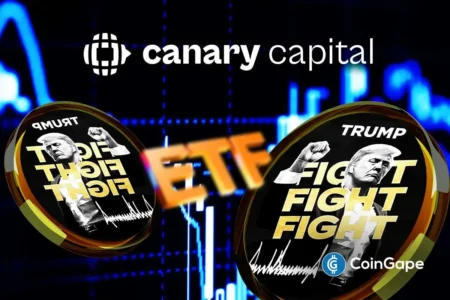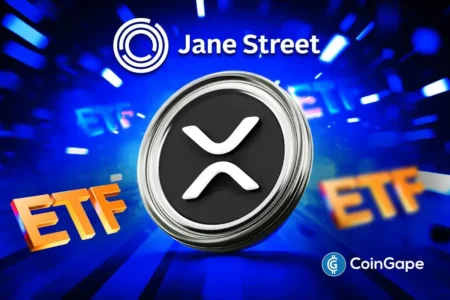The SEC’s Roadblock on RexShares’ Staked Sola and Ethereum Funds
In a significant turn of events, RexShares attempted to position itself as a pioneering force in the U.S. financial arena with the launch of staked Solana and Ethereum funds. However, this initiative has encountered a setback due to a letter from the U.S. Securities and Exchange Commission (SEC). This letter articulated the SEC’s concern that these funds may not meet the legal qualifications to be classified as exchange-traded funds (ETFs), a key requirement for trading on the stock market.
SEC’s Concerns
According to a Bloomberg report, the SEC’s communication to ETF Opportunities Trust, the platform that manages multiple ETFs including those overseen by RexShares, raised significant red flags. The Commission argued that the registration statements for these staked funds might not adequately fulfill the legal definition of an investment company. This definition is crucial for securing a market listing. The SEC also remarked that the disclosures surrounding these funds could be "potentially misleading," indicating a need for clearer information.
Unconventional Application Model
RexShares utilized an unconventional approach by opting for a unique structural model for applying to list these Solana and Ethereum staking ‘ETFs’. This approach diverged from standard 19b-4 applications, instead opting for 40-Act funds, which has invited scrutiny from the SEC. Analysts, including Bloomberg’s James Seyffart, have noted that this atypical filing may have contributed to the regulatory pushback faced by RexShares.
RexShares’ Stance
Despite the SEC’s concerns, RexShares stands firm in its belief that these innovative funds qualify as ETFs. Grey Collett, the general counsel at REX Financial, expressed confidence in satisfying the Commission’s requirements regarding the investment company definition. RexShares aims to resolve these issues before proceeding with the fund’s launch, demonstrating a proactive approach in navigating regulatory challenges.
Recent SEC Developments
Interestingly, this situation arises concurrently with the SEC’s assertion that certain proof-of-staking activities do not constitute securities. This recent ruling implies that participants engaging in select protocol staking activities are not required to register transactions with the SEC under the Securities Act. This nuance could potentially influence RexShares’ case, but as it stands, the SEC remains skeptical of the firm’s unconventional application strategy.
Market Implications and Expert Insights
Bloomberg analyst Eric Balchunas weighed in on the evolving scenario, drawing parallels to previous regulatory endeavors. He underscored the idea that RexShares might be aggressively pushing boundaries to become the market leader. Furthermore, the SEC has repeatedly delayed other conventional proposals for asset managers wishing to offer staking services within their ETFs, highlighting a cautious regulatory stance. Seyffart emphasized his belief that simpler attempts to incorporate staking into U.S. ETFs will ultimately succeed, suggesting that the current complications come more from RexShares’ application method than a fundamental rejection of staking itself.
In conclusion, while RexShares’ attempt to launch staked Solana and Ethereum funds showcases a push towards innovative financial products, regulatory hurdles from the SEC could set a precedent for future ETF applications in the cryptocurrency space. How these developments unfold in upcoming weeks will be crucial for both RexShares and the broader landscape of regulated staking ETFs in the United States.
















